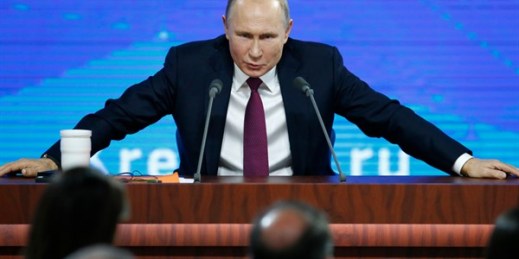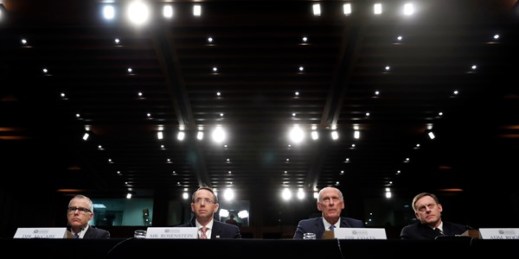
Last week, the Biden administration took the bold step of imposing economic sanctions in response to an act of cyber espionage, namely the SolarWinds attack. It seems that the new U.S. administration is finally getting serious about standing up to Russian aggression in cyberspace. But from the perspective of international law, the move is controversial and could potentially come back to bite the U.S. in the future, given its own cyber capabilities. The release of the Executive Order announcing the sanctions, which also respond to Russian meddling in the 2020 U.S. presidential elections and other actions, coincided with a call […]



